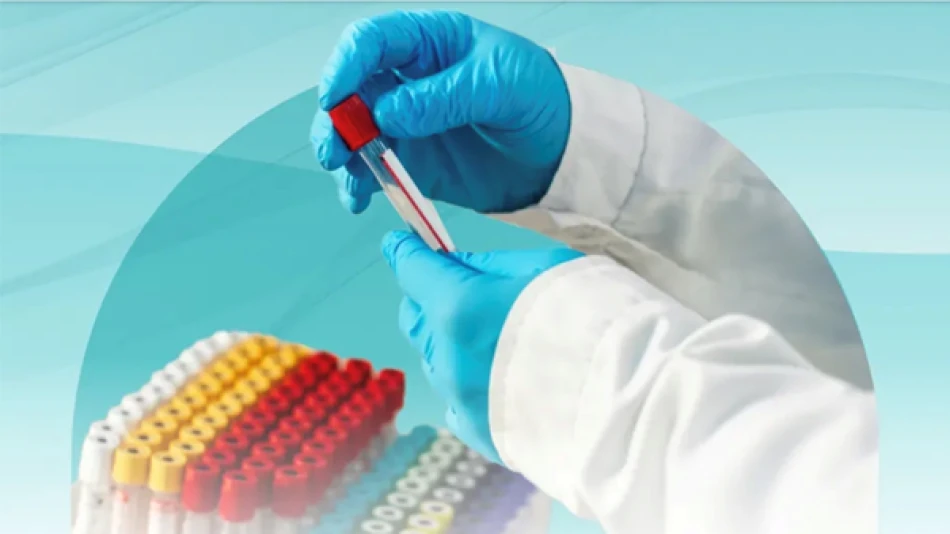
Comprehensive Annual Health Screening Program Expanded by Abu Dhabi Public Health Authority
Abu Dhabi Expands Health Screening Program with Mental Health and Fertility Tests
Abu Dhabi Public Health Centre has significantly upgraded its comprehensive screening program "Ifhas" with new services targeting reproductive health, mental wellness, and early cancer detection. The expansion reflects the UAE's strategic pivot toward preventive healthcare as the nation grapples with rising chronic disease rates and an aging expatriate population that comprises over 80% of residents.
Strategic Focus on Early Detection
The enhanced program introduces specialized reproductive health screenings for individuals aged 20-35, memory testing from age 50, and clinical breast examinations for women aged 20-39. These additions represent a data-driven approach that adapts global screening standards to local demographic patterns and health challenges.
"The Ifhas program is a fundamental pillar in our public health strategy," said Dr. Rashid Al Suwaidi, Director General of Abu Dhabi Public Health Centre. "Through early detection, advanced smart screening tools, and personalized care, we're positioning our community on the path toward longer, healthier lives."
Addressing Regional Health Gaps
The reproductive health screening component directly supports government initiatives to address fertility challenges—a growing concern across the Gulf region where delayed childbearing and lifestyle factors have impacted birth rates. This proactive approach mirrors successful programs in Singapore and South Korea, where early intervention has improved reproductive outcomes.
Mental Health Integration Signals Policy Shift
The inclusion of anxiety assessment alongside existing depression screening marks a significant policy evolution in a region where mental health services have traditionally been limited. The program now offers comprehensive psychological evaluations, reflecting growing recognition of mental health's impact on overall wellness and productivity.
This expansion aligns with broader regional trends, as neighboring countries like Saudi Arabia and the UAE federally have increased mental health investment following the COVID-19 pandemic's psychological impact on populations.
Technology-Enhanced Screening Capabilities
Enhanced vision screening now incorporates advanced retinal imaging technology alongside ophthalmologist consultations, enabling detection of diabetic retinopathy, glaucoma, and age-related macular degeneration. This technological upgrade addresses the UAE's high diabetes prevalence—affecting nearly 17% of adults—and its associated complications.
The addition of complete blood count (CBC) testing provides a simple yet powerful diagnostic tool for detecting underlying conditions like iron deficiency and anemia, which often go undiagnosed in early stages.
Economic and Healthcare System Impact
This program expansion represents substantial public health investment that could yield significant long-term economic benefits. Early detection typically reduces treatment costs by 60-80% compared to late-stage interventions, while improving patient outcomes and reducing healthcare system burden.
The initiative supports the UAE's broader healthcare strategy, which prioritizes disease prevention, population health, and sustainable healthcare access. By focusing on preventive care, Abu Dhabi positions itself as a regional leader in innovative public health delivery.
Implementation and Access
Eligible individuals aged 18 and above holding "Thiqa" health insurance cards can book appointments through the "Sahtak" app or authorized healthcare providers. This digital-first approach ensures efficient service delivery while maintaining comprehensive coverage across Abu Dhabi's diverse population.
The program's success will likely influence healthcare policy across the Gulf Cooperation Council countries, where similar demographic challenges and health patterns exist. As preventive care becomes increasingly cost-effective compared to treatment-focused models, Abu Dhabi's comprehensive approach may serve as a blueprint for regional healthcare transformation.
Most Viewed News

 Layla Al Mansoori
Layla Al Mansoori






